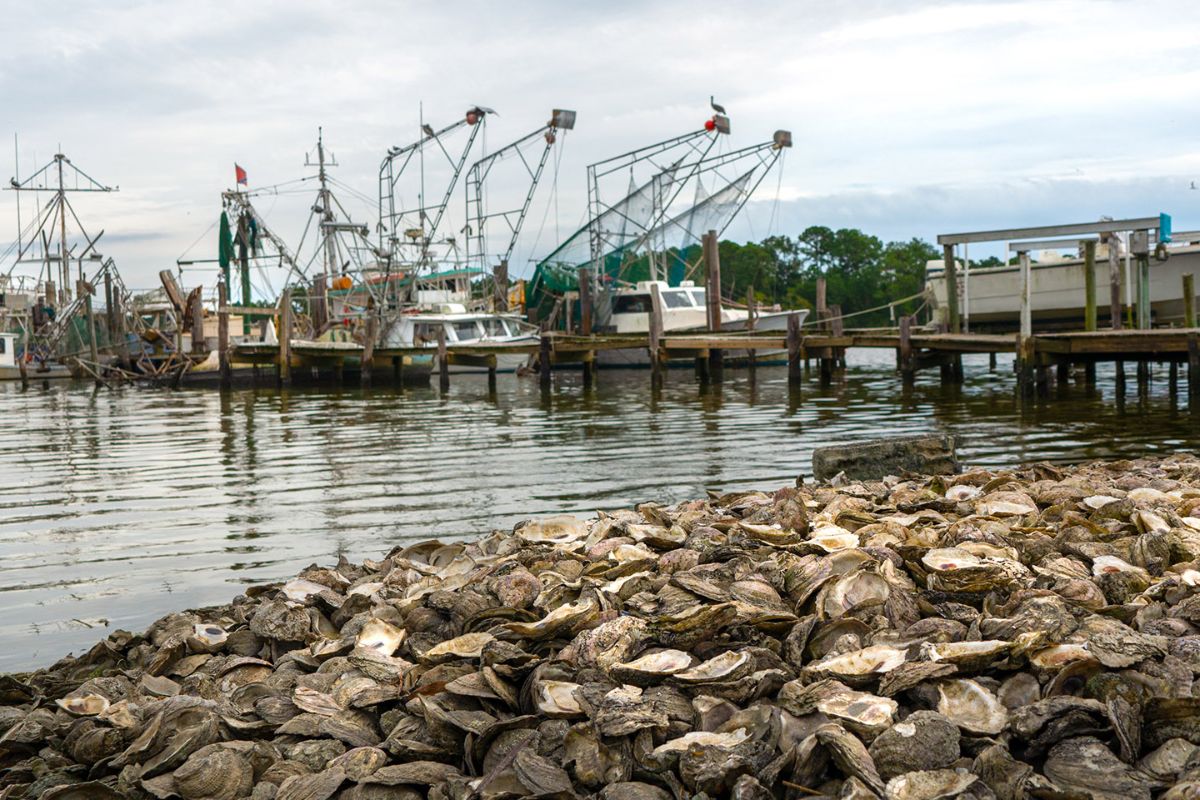Alabama Senate Debates Seafood Labeling Bill: The Alabama Senate is actively discussing an essential seafood labeling bill focused on revealing the origins of seafood, brought forth by State Representative Chip Brown to bolster Alabama’s seafood sector. Progressing through the Senate committee, the bill enjoys significant support, although complexities within the industry have been acknowledged, including concerns about the impacts of imported shrimp dumping.
Parallels can be drawn between the Alabama and Louisiana legislation regarding seafood origin disclosure, highlighting enforcement challenges faced by Louisiana. This underscores the necessity for robust enforcement strategies in Alabama. The evolution of this legislation signifies a growing recognition of its importance.
Introduction of Legislation in Alabama
The initiation of the seafood labeling bill in Alabama marks a pivotal moment in legislative efforts to enhance consumer awareness and transparency within the state’s culinary establishments. State Representative Chip Brown’s proposed legislation, aimed at mandating the display of country-of-origin information for seafood products in restaurants and grocery store delis, seeks to address growing concerns about the influx of foreign-caught seafood in the U.S. market.
Representative Brown’s emphasis on supporting Alabama’s seafood industry, particularly along the Gulf Coast region, underscores the bill’s dual purpose of safeguarding local producers while empowering consumers to make informed choices about the seafood they purchase.
Legislative Progress and Stakeholder Support
Advancing through the legislative process with notable stakeholder backing, the Alabama Senate Agriculture, Conservation, and Forestry Committee recently amended and approved the seafood labeling bill, propelling it towards consideration by the full Senate.
The support from stakeholders, such as Bayou La Batre Mayor Henry Barnes, adds weight to the bill’s momentum. Mayor Barnes, while endorsing the legislation, also voiced concerns about its scope in addressing the complexities faced by the local seafood industry. As the Mayor of Bayou La Batre, a town renowned as ‘The Seafood Capital of Alabama,’ his perspective carries significance in highlighting the industry’s importance to the community.
Of particular note were his apprehensions regarding the detrimental effects of imported shrimp dumping on the region’s economy and traditional way of life. The bill’s advancement to the full Senate indicates a growing recognition of the need to address seafood labeling issues, although further deliberations may be required to refine the legislation and adequately support local seafood interests.
Comparison with Louisiana Law and Enforcement Challenges
Drawing parallels between the proposed seafood labeling legislation in Alabama and the existing law in Louisiana reveals significant enforcement challenges impacting transparency in the seafood industry. Alabama’s proposed legislation mirrors Louisiana’s requirement for restaurants to disclose the origin of shrimp or crawfish, aiming to inform consumers about the source of their seafood.
However, Louisiana’s struggle with upholding this law, as highlighted in a 2023 investigation, raises concerns about the effectiveness of such regulations without proper enforcement mechanisms. Despite numerous citations, Louisiana failed to impose fines for violations, indicating a substantial gap between legislation and enforcement.
This comparison underscores the vital need for robust enforcement strategies alongside legislative mandates to guarantee compliance and accountability within the seafood supply chain. Without strong enforcement measures, the intended transparency and consumer protection goals of seafood labeling legislation may remain elusive. Alabama lawmakers should take note of Louisiana’s enforcement challenges as a cautionary tale and work towards implementing effective monitoring and penalties to safeguard the integrity of seafood labeling laws.
News in Brief
The Alabama Senate discusses a seafood labeling bill, reflecting comparable legislation in Louisiana. The advancement of the bill and stakeholder backing suggest an increasing emphasis on precise seafood labeling.
Nonetheless, enforcement hurdles may emerge, as observed in Louisiana. This legislative endeavor underscores the significance of transparency in the seafood sector and the necessity for uniform enforcement measures to guarantee adherence to labeling regulations.
ALSO READ: Gov. Kay Ivey Schedules Execution for Jamie Mills

